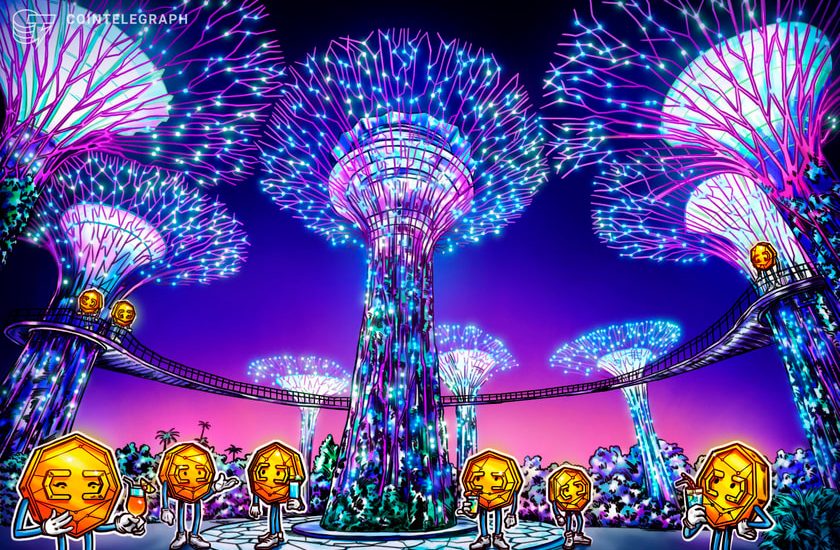- November 15, 2023
- Posted by: admin
- Category: BitCoin, Blockchain, Cryptocurrency, Investments


The latest initiatives led by the Monetary Authority of Singapore aim to develop foundational capabilities to scale tokenized markets.
The Monetary Authority of Singapore (MAS) has introduced five additional industry pilots into the Project Guardian to test various use cases around asset tokenization.
Project Guardian is a collaborative initiative led by Singapore’s central bank that seeks to develop new financial infrastructure using decentralized finance (DeFi) elements. The latest initiatives are aimed at developing foundational capabilities to scale tokenized markets. As explained by MAS:
“These developments under Project Guardian will catalyze the institutional adoption of digital assets, with the aim of freeing up liquidity, unlocking investment opportunities, and increasing the efficiency of financial markets.”
Out of the 17 financial institutions members of Project Guardian, Citi, T. Rowe Price Associates, Inc. and Fidelity International are testing bilateral digital asset trade mechanisms, exploring real-time post-trade reporting and analytics of digital asset trades. Ant Group is testing a treasury management solution’s capability to enhance liquidity management funding globally.

Additionally, BNY Mellon and OCBC have taken up the responsibility of testing a cross-border FX payment solution for payments across heterogeneous networks. Franklin Templeton is testing the issuance of a tokenized money market fund through a Variable Capital Company (VCC) structure, while J.P. Morgan and Apollo have collaborated to tackle time-consuming manual processes for asset servicing using digital assets.
Related: Singapore plans joint crypto pilots with Japan, Switzerland and UK
In addition to the five pilots, MAS launched Global Layer One (GL1) to explore the design of an open digital infrastructure that will host tokenized financial assets and applications. The central bank has also collaborated with the financial industry to develop an Interlinked Network Model (INM), which will serve as a common framework for exchanging digital assets across independent networks among financial institutions.
Along with the above information, the MAS also revealed the inclusion of the International Monetary Fund (IMF) as one of Project Guardian’s policymakers.
Magazine: I spent a week working in VR. It was mostly terrible, however…
